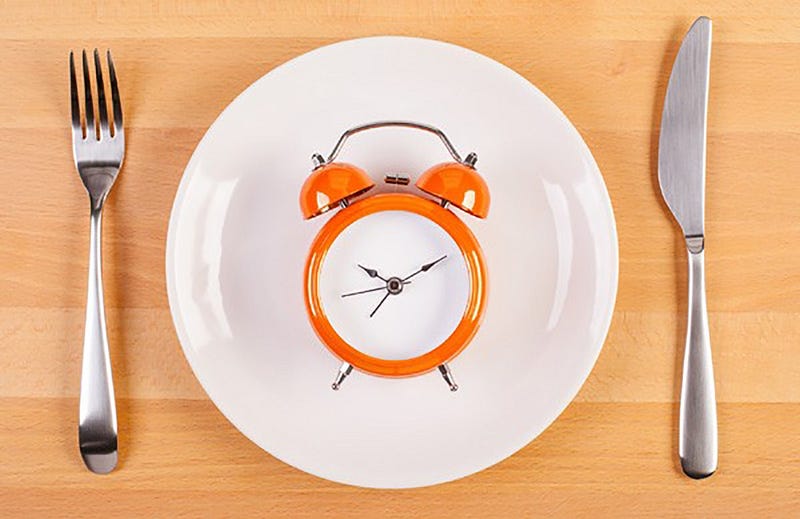These techniques will help you to reduce the measurements.

On the internet, it is possible to find several amazing diets, with supplements, e-books with recipes, and many other things. Many of them really work and deliver a good result for people. Today you will discover how to lose weight quickly according to science.
Intermittent fasting helps you lose weight

Intermittent fasting is a famous eating pattern that involves regular short fasts and eating meals. In fact, studies have already shown that by doing this system for 24 weeks it is possible to reduce weight. There are three interesting methods:
Alternative fasting: in this case you should fast for alternate days, eating normally on days without fasting. But, you should only consume between 25% and 30% of your normal consumption.
Diet 5: every 7 days, 2 should be fasting. When fasting, consume 500 to 600 calories.
Method 16/8: you will fast for 16 hours and eat only for 8 hours a day. Thus, most people prefer to adopt the window between 12 noon and 8 pm.
On days when you are not fasting it is important not to overeat, as this is detrimental to your planning.
>> CLICK HERE FOR MORE WEIGHT LOSS TIPS <<
Diet and exercise
To lose weight you need to be aware of everything you eat and drink every day. Then, try to record all items in a diary, so that you can make adjustments.

Among the most popular applications are those that talk about diets, physical activities, and aimed at weight loss. A recent study indicated that physical activity consistently helps with weight loss. Just as a review study found the relationship between weight loss, good nutrition, and the exercises practiced.
To lose weight, eat protein for breakfast
Proteins are interesting to regulate our appetite, making people feel satisfied beforehand. Thus, this happens due to the presence of the hunger hormone, ghrelin, and the increase in the YY peptide, GLP-1, and cholecystokinin, a satiety hormone.
It is known that a protein-enhanced breakfast can make a person spend hours without wanting to eat. So, try adding eggs, oats, nut butter, and quinoa seeds to your morning menu.

A good sleep
Several studies have shown that people who sleep less than 5 or 6 hours a day are more prone to obesity. Thus, it is suggested that the process of converting calories to energy is reduced in these cases. Lack of sleep can also increase the production of insulin and cortisol, which increases fat storage.
Reduce stress levels
Stress releases hormones like adrenaline and cortisol, which help to reduce appetite. However, cortisol can stay in the bloodstream for longer, causing your appetite to grow.
Meanwhile, insulin transports sugar from carbohydrates in the blood to the muscles and brain. When the body does not use this sugar, it is stored as fat.

























0 comments:
Post a Comment